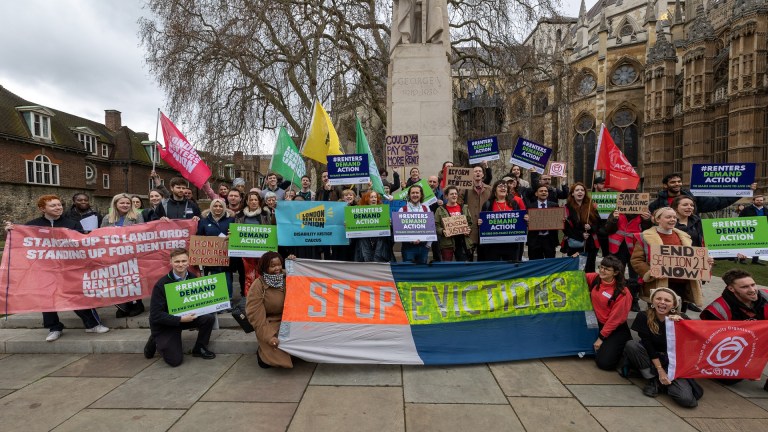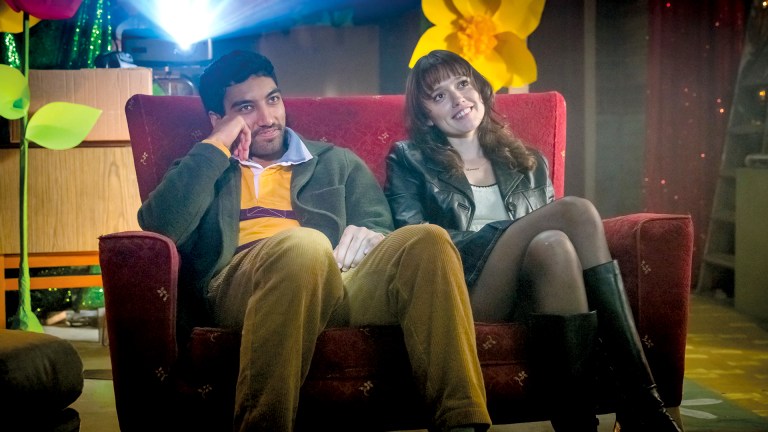When I first stepped into social housing maintenance over a decade ago, I thought the job would be a simple case of repairing and refurbishing properties.
But it didn’t take long to realise the bigger picture: it wasn’t just the homes that needed fixing, but rather the housing providers and the broader systems within them, the way housing is run, managed, and delivered. Over the years, working on the frontline within various social housing providers, I’ve witnessed these challenges firsthand. That’s why I wrote Middle Ground, to shed light on the often untold stories of those living and working in social housing.
Many housing providers have lost their way, especially many of those who have merged, detaching themselves from the people and communities they were meant to serve. Bureaucracy gets in the way of common sense, and mismanagement has been normalised. Centralised call centres are overloaded, jobs are logged incorrectly, passed between departments that barely communicate, and frontline staff end up grounded due to failing IT systems, which results in further delays. At times, critical repairs fall through the cracks, leaving tenants to live in unsafe conditions.
There are a lot of good people working in housing; they’re the ones keeping things running day to day. But too often, they’re trapped in what seems like a machine that values numbers over people. Instead of focusing on quality, the emphasis seems to be on quantity, hitting targets and reducing budgets, rather than delivering meaningful results. The same issues come back, wasting time, money, and eroding trust.
I’ve seen first-hand how those failings play out in people’s homes. Damp and mould are the clearest signs of a system that isn’t working. For years, it’s been treated as an inconvenience. The instructions I’ve had from management have been: clean it, paint it, move on. No survey, no root cause, no urgency.
Tenants would report the same issues over and over, and instead of being listened to, they were blamed. “Open your windows,” they were told, as if that was the sole cause of the issue, rather than a symptom of underinvestment, ageing stock and failing repair services. At one point, tradespeople like me became couriers. Management sent us out delivering “mould cleaning packs”. Inside were cleaning chemicals, PPE, application tools, and instructions. Tenants were left to deal with it themselves. That was the level of seriousness it was given.





